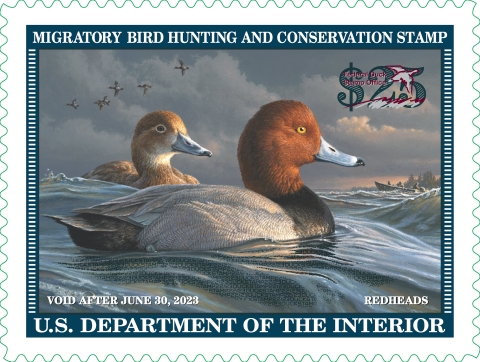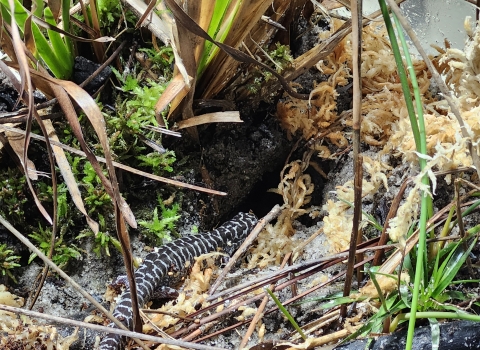Hunters are among the most ardent conservationists around.
Theodore Roosevelt, the founder of the National Wildlife Refuge System and a hunter himself, knew it.
“In a civilized and cultivated country, wild animals only continue to exist at all when preserved by sportsmen,” the 26th president of the United States said years ago. “The excellent people who protest against all hunting, and consider sportsmen as enemies of wildlife, are ignorant of the fact that in reality the genuine sportsman is by all odds the most important factor in keeping the larger and more valuable wild creatures from total extermination.”
Department of the Interior officials know it today.
“Hunters are a driving force behind funding many of our nation’s conservation efforts,” a 2017 Interior Department blog said. “After the extinction of the passenger pigeon and the near elimination of the bison and many migratory bird species in the early 1900s, Americans realized the impacts humans could have on wildlife. To ensure that there would be animals to hunt in the future, hunters began to support programs that helped maintain species populations and protected habitat for wildlife.”
Hunters – along with anglers – also were the driving force behind the North American Model of Wildlife Conservation, a set of wildlife management principles established more than a century ago that declare that wildlife belongs to everyone, not just the rich and privileged.
Directly Supporting Conservation Today
Today, hunters directly support wildlife conservation in many ways.
Through the federal Duck Stamp, hunters help protect and restore habitat for migratory waterfowl and other birds and wildlife. The stamp, formally called the federal Migratory Bird Hunting and Conservation Stamp, is required as a license for waterfowl hunting. For every dollar spent on Duck Stamps, ninety-eight cents go directly to purchase vital habitat or acquire conservation easements within the National Wildlife Refuge System. Since 1934, almost 6 million acres of habitat have been conserved with the help of Duck Stamp funds.
Through the Federal Aid in Wildlife Restoration Act, more commonly known as the Pittman-Robertson Act, hunters fund a range of conservation programs. The act sends revenue from an excise tax on firearms, ammunition and other related equipment to state wildlife agencies to be used for wildlife conservation projects, hunter education and outdoor recreation access. Through Pittman-Robertson, sportsmen and women have contributed more than $14 billion to conservation since 1937. These annual payments to state fish and wildlife agencies have resulted in the recovery of deer, turkeys and many non-game species – with benefits to hunters and non-hunters alike.
Find Your Hunt
Find Refuges That Offer Hunting
Purchase a State Hunting License







